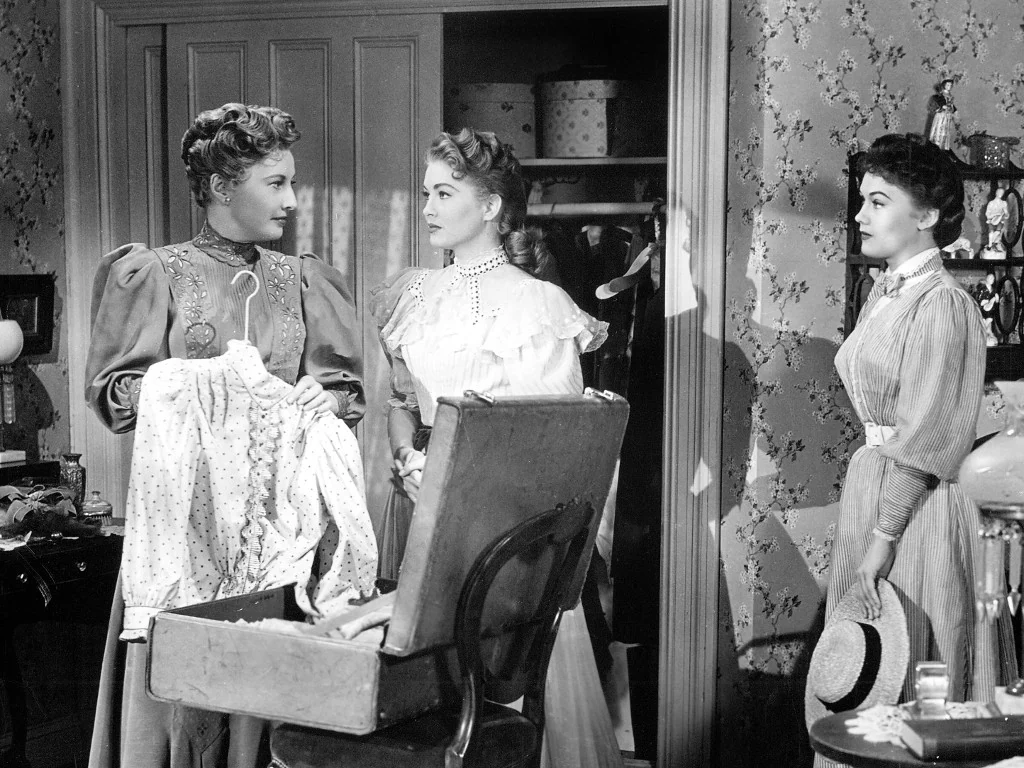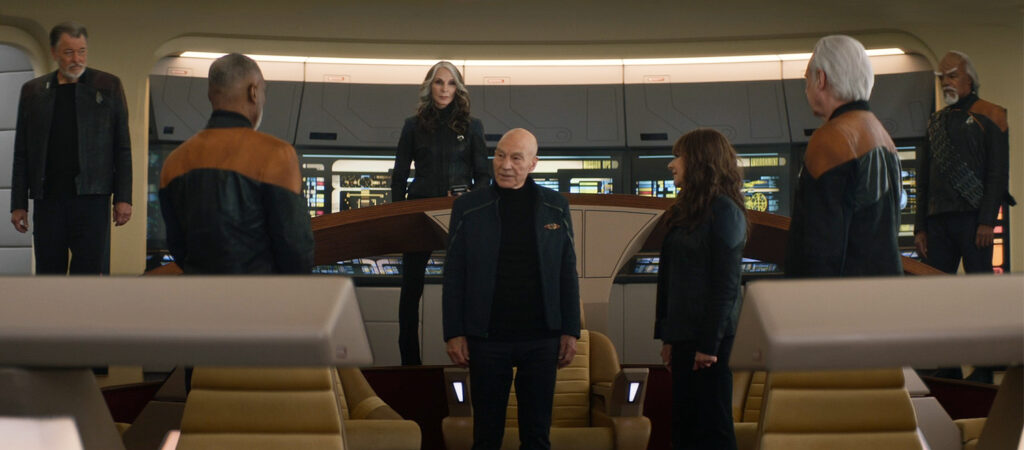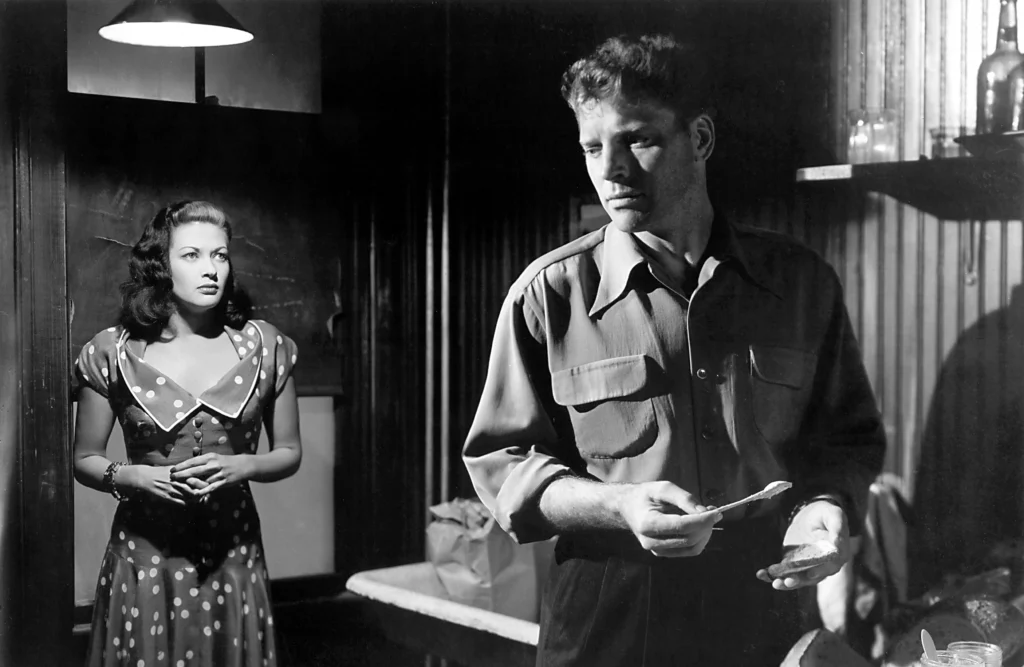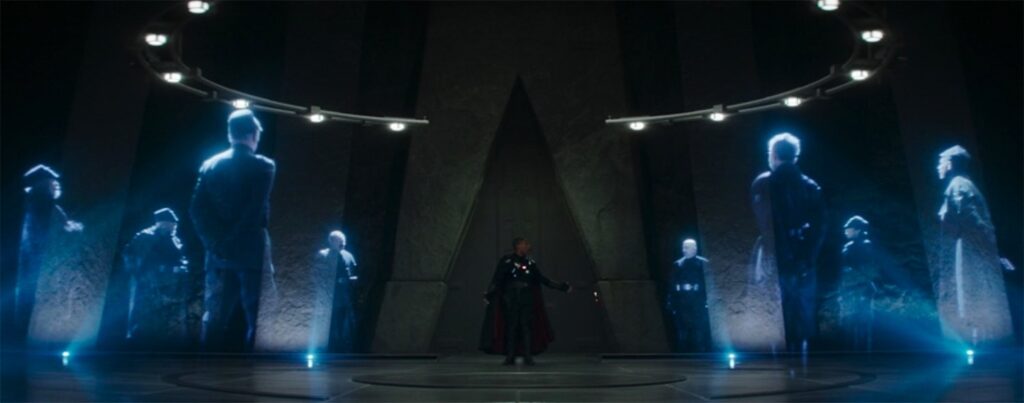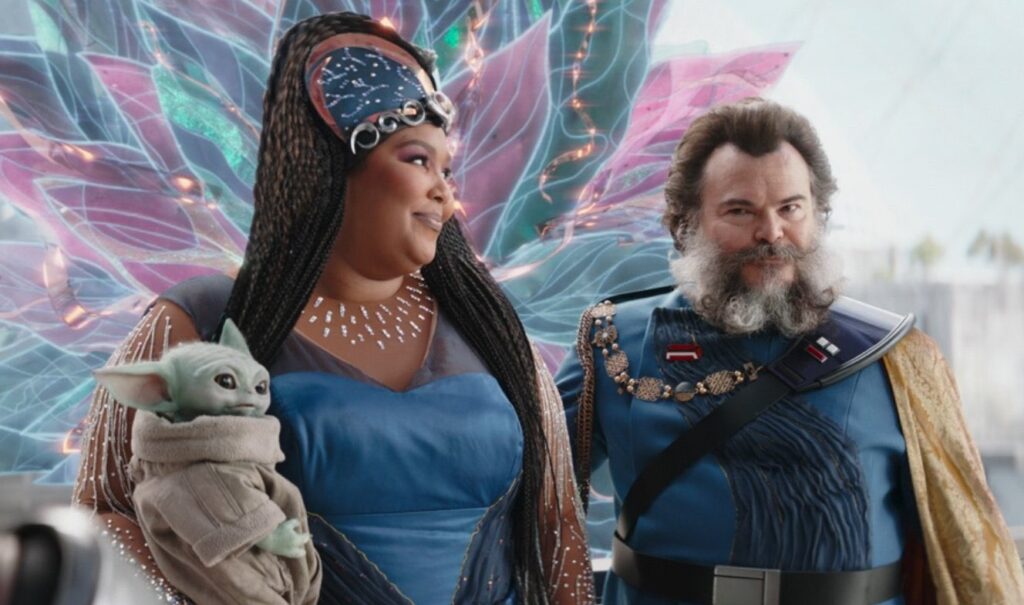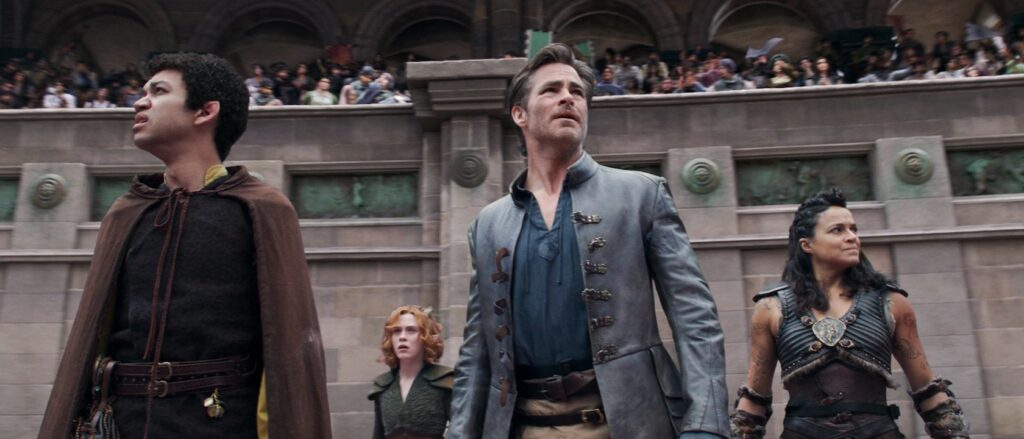Guardians of the Galaxy Vol. 3 is a satisfying, imperfect sendoff
Written by Ian Thomas Malone, Posted in Blog, Movie Reviews, Pop Culture
The MCU has often struggled to define itself in the post-Endgame, post-Snap, landscape. The only films to truly center themselves in the aftermath of the universe-shattering carnage were 2019’s Spider-Man: Far From Home and 2022’s Doctor Strange in the Multiverse of Madness, with the other cinematic and television offerings either focusing on new characters, or doing their very best to move on as if the very fabric of society hadn’t been fundamentally altered by Thanos’ mission. No single hero was responsible for the Snap quite like Peter Quill (Chris Pratt), whose selfish punching of Thanos on Titan allowed the monster to regain control of the situation and defeat the Avengers/Guardians team up.
The fallout of Quill’s behavior and the death of prime timeline Gamora (Zoe Saldana) seemingly laid out a pretty solid narrative rubric for The Guardians of the Galaxy Vol. 3 to follow, one that might have been at odds with director James Gunn’s vision for the conclusion of his trilogy. The 2018 cancellation/subsequent un-cancellation of Gunn following juvenile tweets put a fair amount of distance between Endgame and Vol. 3 that might have made a direct follow-up a little awkward so many years down the road, squarely in Phase Five of the MCU. Fortunately for Gunn, Marvel found a clever way to put some distance between the Guardians and their last team up, keeping them fresh in the audience’s minds with fluffy appearances in Thor: Love and Thunder and The Guardians of the Galaxy Special.
Vol. 3 picks some peculiar territory to structure its narrative around. The film doesn’t exactly ignore the awkward reality that its Gamora isn’t from the first two Guardians, but rather Endgame’s alternate 2014 timeline. Gamora is both dead and not dead, a dynamic that might have made for an interesting main plot if Gunn hadn’t decided that Rocket (Bradley Cooper) would make a better core instead.
The film’s plot is near-incoherent, mostly centering around the team’s efforts to save Rocket after he was gravely injured in the opening sequence, an embedded kill switch interfering with his treatment. Rocket’s starring role is mostly conveyed through flashback sequences, a peculiar dynamic for the final film in the trilogy, even after putting aside the fact that Rocket and Nebula (Karen Gillan) were the only two Guardians to feature prominently in Endgame.
After the friction of the team in Vol. 2, which carried over into Infinity War, it’s a little weird that Gunn didn’t want to have most of the team intact throughout the narrative here. With Gamora off the team, there’s a lot of strain on Nebula, Mantis (Pom Klementieff), and Drax (Dave Bautista), all previously comic relief characters, to carry the narrative. All three actors do admirable jobs pushing against the confines of their comedic tropes, though never quite succeeding in breaking the mold completely. The fact that Mantis and Drax are both coming off one-note starring roles in the Holiday Special doesn’t help their performances here either. Gunn’s comedy is largely childish and pedantic, though occasionally supplying some earned laughs through his script.
Pratt gets off to an extremely wooden start, demonstrating next to no dramatic range in an early scene with Mantis, unpacking his feelings. He does course-correct later in the film, having some touching moments with Saldana that do earnestly engage with the fallout of Infinity War. Gillan and Cooper provide most of the emotionally satisfying moments in the film, displaying both characters’ immense growth throughout the franchise. Groot (Vin Diesel) is largely a non-entity, though Gunn does deserve credit for deploying the fan-favorite tree-humanoid sparingly.
Similarly, newcomer Adam Warlock (Will Poulter), perhaps the best cult character in Bronze Age Marvel Comics lore, is introduced with restraint. Poulter gives Gillan and Bautista a run for their money for the mantle of best comedic timing, but Gunn never loses sight of the reality that Vol. 3 is not really Adam’s movie. That cast is way too big, even with a 150-minute runtime, but Gunn has a way of making things feel grounded amidst all the chaos.
The special effects are among the best in MCU history, gorgeous practical sets that are ripe for Gunn’s style of filmmaking. The cinematography isn’t limited by Disney’s clownish love affair with its hideous StageCraft technology. For the first time in ages, watching a Marvel movie on the big screen actually feels like a big deal.
There’s a certain endearing quality to Vol. 3’s inherent messiness, an imperfect sendoff fitting for a team of misfits. The timing frequently feels off. The fact the film is easy to follow doesn’t excuse the incoherence of its narrative. Each Guardians film has been worse than the one that came before, but there’s no denying that this team is fundamentally fun to spend time with.
The first two Guardians had the luxury of existing with a broad degree of independence from the broader MCU. Years removed from their last solo outing, the pacing clearly bristles at the idea that there are any factors to consider beyond those within Gunn’s immediate control, a man overly concerned with reigning supreme inside his own sandbox. Vol. 3 is not a stellar sendoff by any means, but Gunn delivers some of the most ambitious filmmaking of the MCU’s post-Endgame era. Maybe, considering how bad things have been for Marvel lately, that’s enough.






